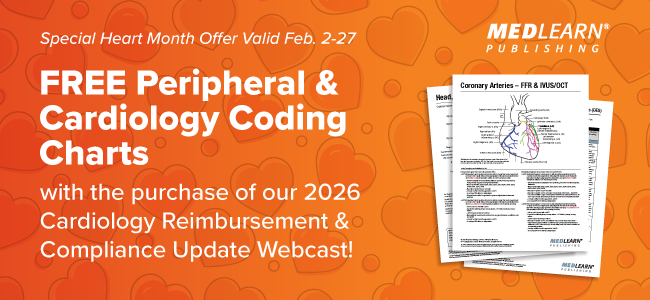Robotic process automation (RPA) as it relates to the revenue cycle is an important concept to understand.
EDITOR’S NOTE: Rose Dunn reported this story earlier today during Talk Ten Tuesdays.
Do we really need any more acronyms in our industry? No. Nonetheless, in this article, we’ll be exploring robotic process automation (RPA).
I’m certain many readers have already seen an article on RPA and personally experienced RPA. But I’ll be focusing on one type of RPA. Although I prefer to think of what RPA does as repetitive process automation, robotic process automation is the use of a prescribed program to mimic and activate the keystrokes that would have previously been performed by a human.
The program or script is often called a “bot.” TechTarget says “bots are normally used to automate certain tasks, meaning they can run without specific instructions from humans. An organization or individual can use a bot to replace a repetitive task that a human would otherwise have to perform.” There are different types of bots; a few of the common ones include chat-, shop-, and transactional bots. Chat or conversational bots include Siri, Alexa, and Google Assistant, which are conversational artificial intelligence bots. Shopbots will search for the best prices on the web and often pop up when you are on a site, like Amazon, and identify if you’re getting the best price (or suggest another source for the product). In this article, I will be discussing transactional bots. These bots are designed to simplify tasks that would otherwise be performed by a human.
An example of a bot that you may have personally designed identifies certain emails that you would automatically wish to file in an email folder – for example, when you wish to mark and place certain emails or senders in your spam/junk folder. When these defined emails hit your inbox, they are instantly moved to the designated folder. You have created a bot that mimics your keystrokes to move that email to junk. There is a lot of programming in the background already done by Microsoft® or your spam filter application to support your choices.
“Robotic process automation can create efficiencies across the many phases of revenue cycle management and contribute to improving the patient experience,” RevCycleIntelligence reported in a recent article. So, what else can a bot do? Let’s talk about some examples in access, health information management (HIM), and the Physician Fee Schedule (PFS). Think about the steps and rules that would need to be considered when the script for the bot is programmed, for these examples.
In access, the repetitive process of checking every patient’s eligibility for and benefits verification through their insurer is ideal for RPA. A bot also can help the registrar by capturing demographics, validating the patient’s address, and pulling in insurance details for the registrar.
In HIM, especially now with information blocking pushing timely record release, if we have an electronically generated request for information, we have an RPA opportunity. The bot “reads” the requested documents and then goes into the patient’s record, selects the documents, and saves or prints them to the media options for which it has been programmed – all done much faster than a human could do it. Think what a bot could do for the incomplete and delinquent record notification process.
Finally, in PFS, a common repetitive process is going out to payor sites, checking the status of the claims, and making a note in the PFS system. Another is when the department receives an electronic remittance listing of payments for many patients from a payor. In this case, the bot can look up each account and post the payment, and if indicated, trigger a claim to the secondary payor.
Bots take care of many (but not every) variations that may be encountered in these activities – but even doing most will result in a significant labor lift.
With qualified staff shortages and vacancy rates hitting 25 percent, this technology is worth investigating as a way to “extend” your existing staff. Look at the steps in your processes. Assess whether there are (and I assure you, there are) repetitive processes in virtually every workflow in your revenue cycle functions. Prioritize those processes that would have the greatest impact. In collaboration with your information technology department, start discussions with an RPA firm (a bot developer).
Gartner published a comparative report ranking RPA vendors earlier this year. It’s a good reference document. Now you can start enhancing your department’s productivity.
And remember, bots do entire functions in seconds, they don’t go on vacation, they don’t take breaks, and they don’t get sick.


























